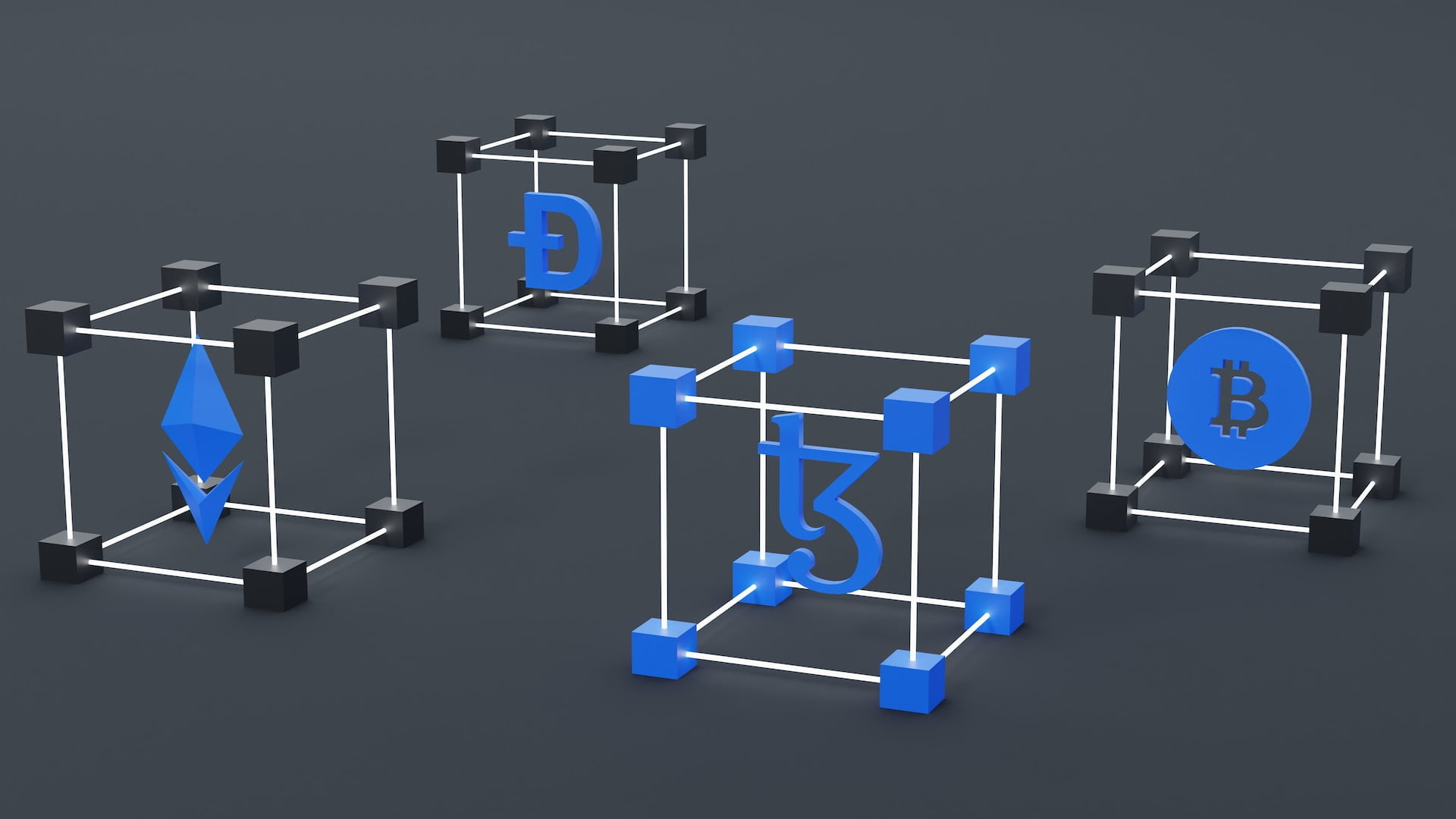Avail, a blockchain network originally created by Polygon Labs, has recently launched a testnet data availability bridge to Ethereum. This innovative development aims to enable the creation of low-cost layer 2s, known as “validiums,” by transmitting data availability attestations.
By storing transaction data on the Avail network, developers can bypass the need for creating their own data availability committee (DAC) or proof-of-stake network.
A Game-Changer for Layer-2 Rollup Networks
Layer-2 rollup networks, including Optimism, Arbitrum, Polygon zkEVM, and zkSync Era, have been instrumental in reducing transaction fees. This they did by consolidating transactions into compressed “rollups” and periodically integrating them into the base layer.
However, these networks still face higher transaction fees compared to layer-1 competitors. This is due to the requirement of writing all transactions to the base layer.

Lowering Transaction Costs with Off-Chain Transaction Data Storage
To overcome the challenge of high transaction fees, certain networks have opted to write only the validation proofs of each transaction to the base layer while storing the full transaction data off-chain. This approach gives rise to “validiums,” such as the validium mode offered by StarkEx, where data is stored with a data availability committee (DAC) instead of directly on Ethereum.
In the future, Polygon proof-of-stake may also adopt a validium model by storing its data on a proof-of-stake chain.
The newly launched Avail bridge empowers developers to swiftly and effortlessly create custom validiums by storing their transaction data on the Avail network. This eliminates the need to establish individual DACs or proof-of-stake data availability networks.
When users seek to withdraw cryptocurrency from layer 2 back to Ethereum’s base layer, the Avail bridge transmits an attestation confirming the availability of data on Avail, facilitating seamless withdrawals.
Advancing Blockchain Scalability and Efficiency

Anurag Arjun, the founder of Avail and co-founder of Polygon, emphasizes the significance of the Data Availability attestation bridge. Arjun believes that this advancement is a major milestone towards optimizing blockchain scalability and efficiency.
Avail aims to reduce costs and pave the way for a more inclusive and efficient layer-2 and layer-3 ecosystem. This is by enabling rollup constructions to operate in validium, optimistic chains, and volition modes.
He previously highlighted the growing importance of data availability solutions in the Web3 space, particularly as zero-knowledge proof rollups gain wider adoption. As the industry continues to evolve, Avail’s testnet bridge and similar developments are expected to play a vital role in enhancing the overall efficiency and effectiveness of blockchain technologies.
Read More:
Bitcoin Surges to New Heights: Implications and Market Dynamics
Crypto Exchange FTX Backs Out of Partnership with Taylor Swift

